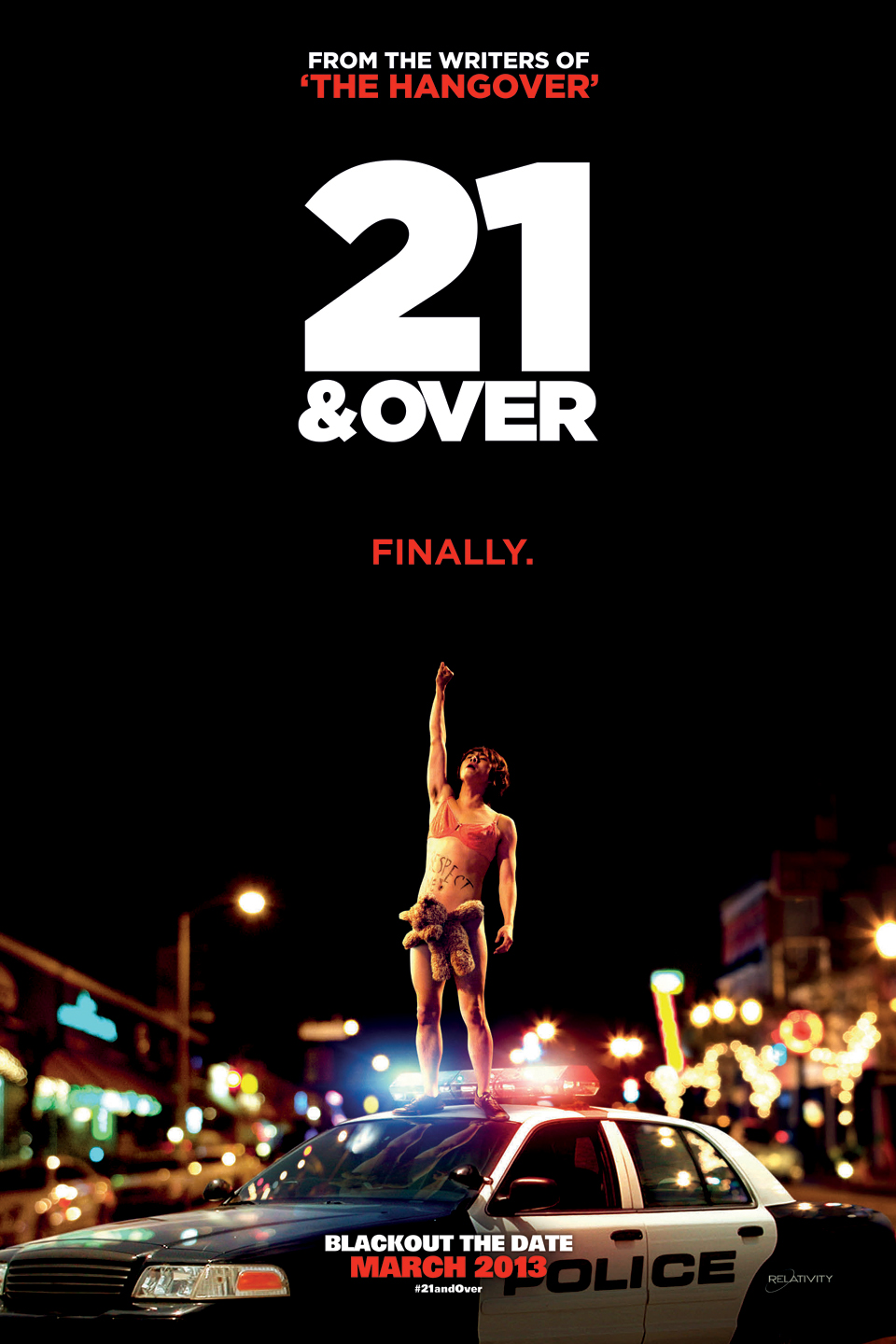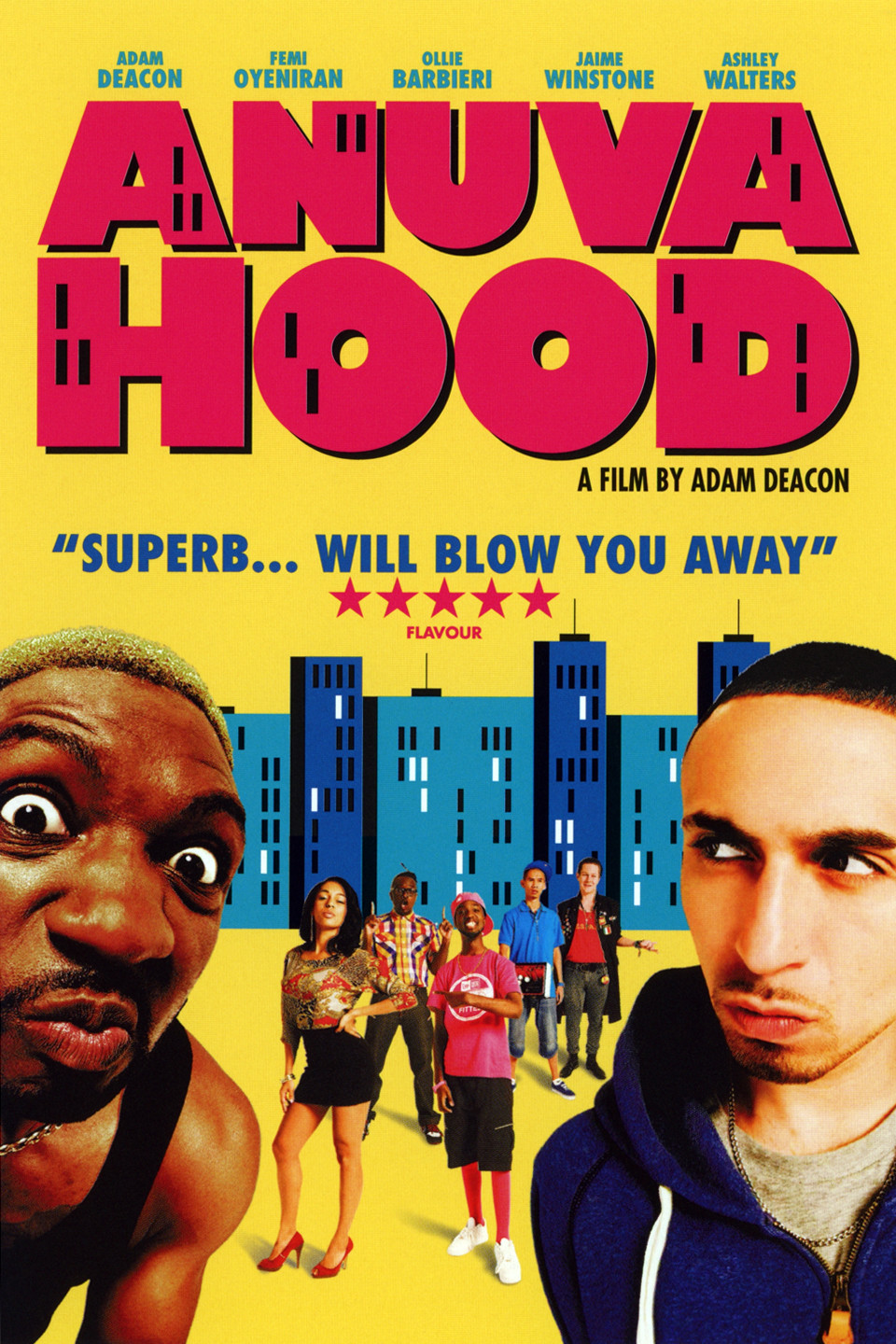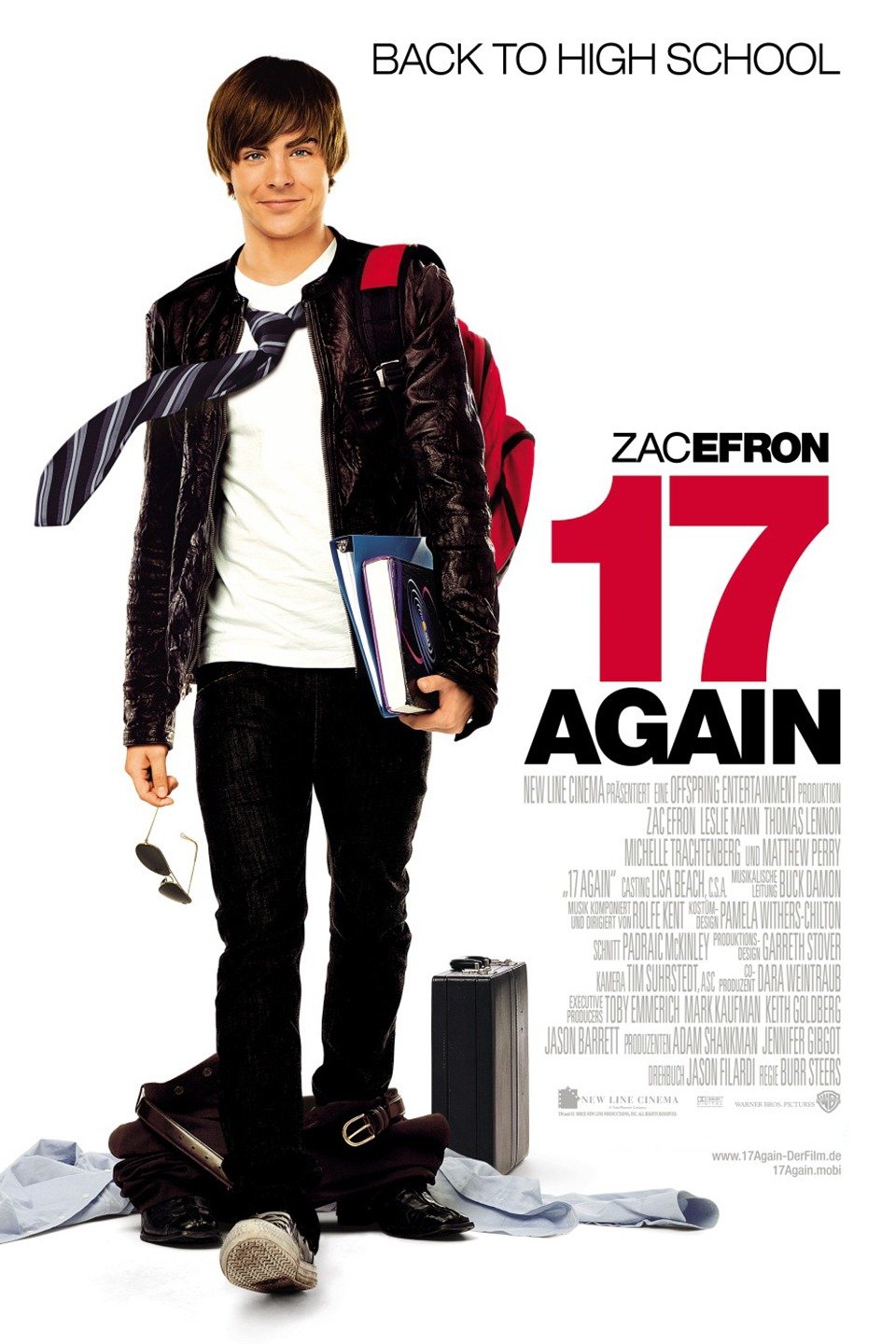Media texts
Main text - 'Bad Neighbours'
1) Bad Neighbours, film review: Slapstick scenes are juvenile but still have a comic kick. - http://www.independent.co.uk/arts-entertainment/films/reviews/bad-neighbours-film-review-slapstick-scenes-are-juvenile-but-still-have-a-comic-kick-9313438.html
- "The film combines gross-out, Animal House-style frat humour".
- "Teddy and his friends are young and muscular with perfectly toned bodies."
- "Efron's character is like a priapic Peter Pan. He clings to his youth."
- "His ambitions, though, don't stretch beyond throwing the "most epic party" in the history of the Delta Psi fraternity."
- "The presence of the actor Christopher Mintz-Plasse in a film is a reliable indicator that you should not attempt to watch it with small children or relatives of refined sensibilities."
- "The frat-house obsessions of sex, drugs and drunken excess while also openly revelling in them – it’s more perceptive than it might first appear."
- "This touches on the deranging effect, not only of parenthood, but also of inescapable, inconsiderate neighbours, all of it confused by the tyranny of the teenage dream."
- "One of the film’s great successes turns out to be Efron, who invests his buff, tanned, hard-partying character with equal measures of charm, resilience and borderline psychopathy, all wrapped up in the superficially confident, explosive insecurity of youth."
Secondary Media Text - '21 Jump Street'
1) '21 Jump Street' is affectionate teen satire. - http://www.newsday.com/entertainment/movies/21-jump-street-is-affectionate-teen-satire-1.3602128
- "Obvious affection for teen genres, and for teenagers."
- "The movie works best as a commentary on the ever-changing and always baffling rules of youth culture."
- "The best jokes are in the setup: Schmidt, a former outcast, is delighted to find that today's popular kids are sensitive, gay-tolerant types, while Jenko, once a bullying jock, is horrified."
- "His interest sparked when he saw it as a story of adults reverting to the immature behaviours and insecurities they thought they'd outgrown."
- Channing Tatum: "The whole digital thing: Facebook, Twitter. That stuff grows at such an exponential rate that it’s ridiculous to me. I didn’t have a computer until — I don’t know — four, five years ago. And everything’s changed since then. Technology just changes, like, every single day."
2) "It's the kind of movie every young person should avoid, but won't".
-https://www.movieguide.org/reviews/21-jump-street.html
https://brianair.wordpress.com/film-theory/teenage-representation/
-https://www.movieguide.org/reviews/21-jump-street.html
- "21 Jump Street is funny. It could actually do well because it provides ample entertainment value to people with very low moral standards".
- "Parents should be extremely wary because this movie will be talked about in school. In fact, there will be peer pressure put on 'Christian' teenagers to see this movie"
- "This is a movie parents should take a stand against their children seeing, even though the humour may be popular."
- "21 Jump Street is extremely vulgar and obscene, but the movie is humorous enough that it could be popular enough with young people".
3) “21 Jump Street” blurs comedic high school stereotypes"
-http://www.dailycal.org/2012/03/14/21-jump-street-blurs-comedic-high-school-stereotypes/- "Even though the movie does succeed in crafting layered characters, it continues to refer back to stock characters that earlier comedies have housed."
- "The smart kids remain ordinary nerds hacking away in front of computers or making science experiments."
- "Nevertheless, “21 Jump Street” more often offers three-dimensional characters than not, elevating it to high volumes of laughter. If not original, then the movie proves to be at least a potent comedy with two bona fide performances."
- "By forcing them to inhabit new character complexions, the movie avoids the stereotyping techniques that often hurt comedies by allowing Jenko and Schmidt to discover different sides of themselves."
Teenagers in the media - Are teenagers represented fairly in the media? https://www.makewav.es/story/14341/title/teenagersinthemedia
- ‘Young people’ you hear about them a lot in the media. Either portrayed as anti-social yobs that all drink, smoke and have sexual intercourse on a daily basis. Or else they are portrayed as victimised and the future of the world we live in.
- "It is worth noting that the vast majority of overtly negative youth related stories focussed on individuals and isolated incidents of crime and violence such as muggings, stabbings etc."
- "There are plenty of adults who go out and get drunk on a Friday night. I don’t see why teenagers should be blamed for all drunken conduct and vandalism."
- "There has also been a lot of complaining about the latter view of teenagers in the media. Many adults protest that ‘children are the future’ and that they are being misrepresented."
- "To be fair, the media are not misrepresenting teenagers, they are merely reporting the bad side of them. "
Negative Youth Portrayal In The Media-http://www.shoutoutuk.org/2014/08/14/negative-youth-portrayal-media/
- “Hoodie”, “louts”, “heartless”, “evil”, “frightening”, “scum”, “monsters”, “inhuman” and “threatening”. These are just some of the words that have been used in the past to describe youth in the UK.
- "Figures show that young people, mainly boys, have been described in national and regional papers as “yobs” (591 times), followed by “thugs” (254 times), “sick” (119 times) and “feral” (96 times)."
- "It can be safe to say that the portrayal of young people in the UK is mostly negative. Young people have been described as violent yobs that only seem to care about their street status."
Media Portrayal of Young People – impact and influences
- "According to Madge’s research (2006) the strength of the influence the media has on children and young people increases as they get older"
- "Children claimed that they were more influenced by their parents and families, adults claimed that children were more likely to believe the media and friends influenced them most."
- "Adults also said they thought children were depicted ‘very badly’ in the media, over 75% thought children were depicted as ‘troublemakers’. In addition, 47% of adults said that children were portrayed in a negative way."
https://brianair.wordpress.com/film-theory/teenage-representation/
- "The traditional stereotype of the teenage boy was one of the rebel, the teenage thug and gangster which as highlighted in the film Cosh boy in 1953."
- "Traditional teenage gender roles are become more blurred as society changes and Ideology moves on."
- "These representations are different the stereotype stays the same, there fore going against Tessa Perkins theory of stereotypes change as audiences become bored and ideology changes."
- "If the institution want the audience to take a preferred meaning from the text, they will be bias in there representation and therefore their mediation will be set up through selection, organising and focusing so they try to get there dominant meaning across."
The Guardian - From hoodies to goodies: today's teenagers have the makings of model citizens.
https://www.theguardian.com/commentisfree/2014/feb/16/hoodies-goodies-teenagers-makings-good-citizens-young
- "Far from being antisocial hoody-clad riot-mongers, are actually highly concerned with social issues, keen to volunteer, and take fewer drugs and drink less alcohol than previous generations."
Behind the stereotypes: The shocking truth about teenagers
http://www.independent.co.uk/news/uk/this-britain/behind-the-stereotypes-the-shocking-truth-about-teenagers-421295.html
- "My generation never gets a positive thing said about them"
- "Since 1999, 2,000 Asbos have been issued against young people while new policies, many championed by Labour-friendly think tanks, are aimed at making it easier to prosecute children."
- "Sam, another young person upset by the report, told the BBC yesterday: "Respect seems to be demanded here, why should we as a youth just give respect, it should be earned."
- "Bad behaviour by adults is almost celebrated in today's society but when youngsters misbehave people say they do not have any respect."
- "I've got friends who do charity work so it's not all about us drinking, and drugs and partying. I am busy every night except one with yoga, choir and piano and I've just taken a course to qualify as a swim instructor"
http://www.films42.com/feature/movie_teens.asp
- "For generations, screenwriters and producers have attempted to capture the reality of teenage life. In pursuit of a profit, films are often twisted to please viewers."
- "It can be very hard to distinguish which movies tell the truth about the formative years and which do not."
- "most movies center around two things: sex and partying While there are teenagers who do participate in these two activities, there are many who do not."
- "Most teen movies promote sex as though unwanted pregnancies and sexually transmitted diseases don’t exist, while underage drinking and talking back to your authorities is funny and acceptable. Hardly ever do
- they show the consequences of AIDS and genital herpes. Nor do they show how illegal use of alcohol and drugs can destroy a family."
Similar Media texts
1) Project X (2012).
This film is quite similar to Bad Neighbours in the sense that it shows the representation of the youth. Not only does it show the representation of them, but once again it portrays the negative, but dominant presentation of the youth. The film is about three teenagers who aren't so popular, however, they decide to throw a party and attempt to make it the biggest/craziest party ever thrown. Throughout this film, there's scenes of teenagers drinking, having sex and taking drugs and no alternative viewpoint of teens. This therefore links to my critical investigation, as I believe that teenagers are only portrayed in a certain manner (dominant, but negative).
2) American Pie(1999).
17 Again (2009)
17 Again is about a husband who is going through a divorce with his wife, who have been together since high school. However, as he's driving home one day he falls into a river and finds himself back at 17 years old, and uses this opportunity to try and make things right with his wife again. Throughout the movie, we see the lifestyle of a teenage student.
21 and Over(2013)

This movie is about a straight A student, who listens and does whatever he's told to do. But when his two best friends, Miller and Casey, arrive on campus to surprise him for his 21st birthday, Jeff finally agrees to cut loose. Although he has a crucial med-school interview early the next morning, Jeff lets his pals take him out for one drink. Many drinks later, Jeff has blacked out and is in danger of blowing the most important day of his life. This also links to my critical investigation, as it portrays teenagers/young adults behaving in a reckless manner and jeoprodizing their futures.
Anuvahood(2011)

Documentaries/Youtube Videos.
Documentaries/Youtube Videos.

Professor Mike Wayne
explains in this video, why young people are portrayed negatively in the media.
- "young
people are the most vulnerable in society"
- "when there's an inequality you
tend to have higher crime"
- "you can see there's a social
inequality"

This
is a video of a group of what supposedly looks like teachers, explaining
why teenagers are portrayed negatively,
- "Teenagers, bad people, who do bad things"
- "Newspapers tend to latch onto things teenagers do"
- "I would agree that teenagers are portrayed in quite a
negative way"
- "Often in the media, they can get misrepresented and I work quite closely with young people"
This is a CNN Documentary explaining what teenagers actually get up to, mainly on social media. However, it still shows the representation of the youth in this society.
This is a documentary, about kids that go to juvenille jail.
- "I was always mad, like always frustrated"
- "The programme only made me worse"
- "I only started using drugs once I was in jail, I used to be stuck"
- "Kids have to face extra barriers in order to graduate high school, go to college, get a job"
- "Putting barriers up against teenagers is a huge setback for them"
- "We're like one person, if one of us screw up. We all pay for it".
- "I could say no, but then i'd be quitting on myself".
University articles/Media Magazines
The Representation of Youth in the Dutch News Media - Department of Interdisciplinary Social Sciences, Utrecht University, the Netherlands.
-http://you.sagepub.com/content/23/4/277.short
- "Research in social psychology shows that looking into the nuances in stereotyping is of vital importance due to unique emotional and behavioural reactions the different clusters of stereotypical representations may evoke."
- "In the current study, the Dutch news media representation of native and non-native youth is analyzed and compared."
- "Results show considerable differences in news media portrayal of the two groups not only in the amount of (negative) attention they attract but, especially, in the content of their descriptions."
Media Magazine, Issue 41, Page 7 - How working- class youths became chavs
- "The typical representation of contemporary young people in Britain is the iconic image of the ‘chav’."
- "Hooded, tattooed and often anonymous due to a covered face, ‘chavs’ wear tracksuits and trainers and often sport some dazzling golden jewellery, commonly referred to as ‘bling’."
- "supposedly the youth of British streets; uneducated, poor but covered in labels and logos, and above all aggressive, most likely waving gun and gang signs around, hands stuffed down the front of their trousers"
Manchester University - Elections, youth representation and citizenship
BIBLIOGRAPHY
-http://www.socialsciences.manchester.ac.uk/politics/research/impact/elections-youth-representation-citizenship/
- "A series of research projects have been undertaken, examining various aspects of the politics of young people as well as confirming the unprecedentedly low level of engagement and participation of young people in political institutions and elections."
- "Poor levels of youth engagement in politics."
- "Negative portrayals of youth disengagement, with politics essentialised as a problem in ‘youth-centred media’. The research has called for the application of different criteria for evaluating youth interests."
- "It was found that positive images of youth engagement with politics are atypical, alongside an apparent reluctance to accept evidence of an interest in politics from young people."
The Representation of Young People in the Media February 2011 Graeme Mason, Information Officer, Youth Justice Research Team http://urbact.eu/sites/default/files/import/Projects/My_Generation/documents_media/Media_Portrayal_of_Young_People_glasgow.pdf
- "The media is often accused of propagating myths about young people and crime. Indeed the media and the tabloid press in particular, often appear endlessly preoccupied with the notion that all young people are a danger to their communities."
- "YOUNG OFFENDERS COSTING ECONOMY 11 BILLION POUNDS"
- "YOUTH JOBLESSNESS INCREASES FOURFOLD"
- “KNIFE DEATH YOUTH NAMED”
- “TARGET OF 50% OF YOUNG PEOPLE OBTAINING UNIVERSITY DEGREES HAS BEEN PROVED UNREALISTIC”
- "Moreover many articles portray young people both positively and negatively, ultimately creating an impression of young people which is neither wholly positive nor wholly negative."
BIBLIOGRAPHY
Academic books:


